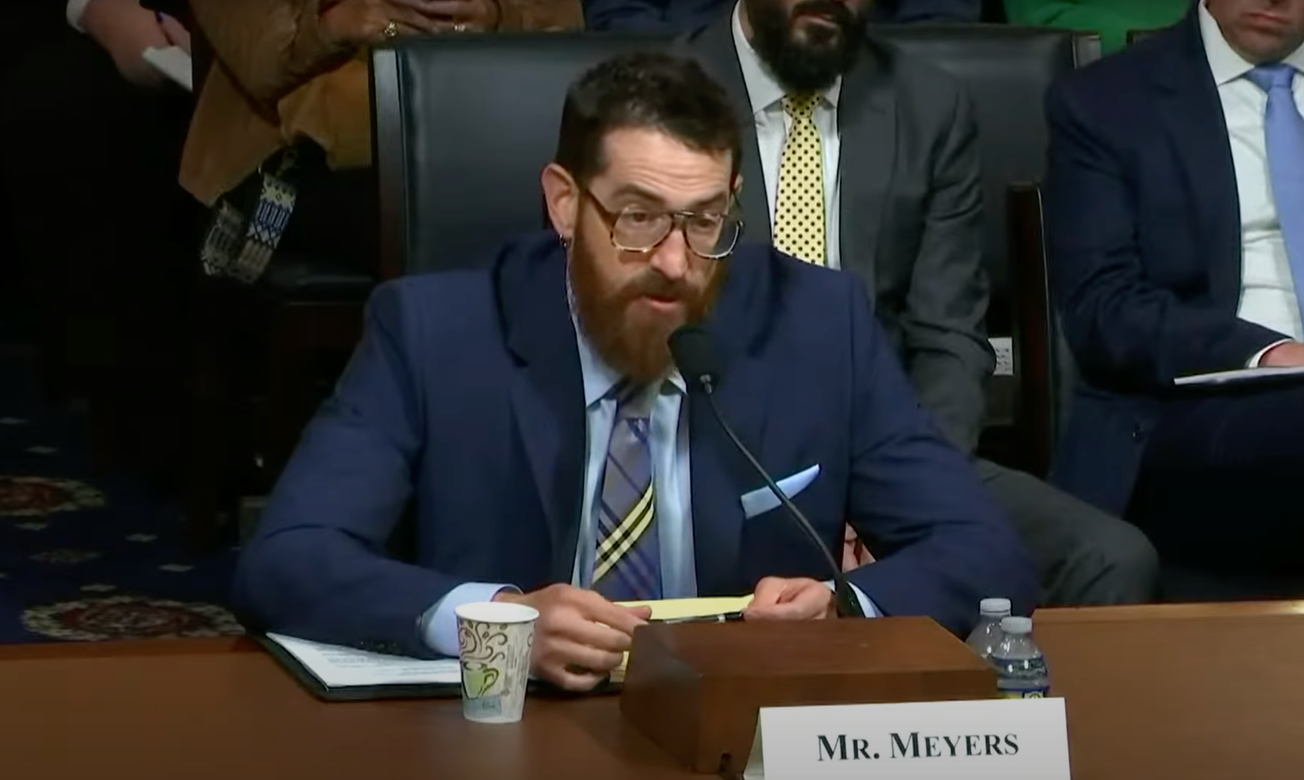Crowdstrike’s CEO says the company is trying to “start a dialogue” with angry customers in the wake of July’s sweeping outage – and help move from “heated discussions” with customers to "business discussions".
What does that mean exactly? The cybersecurity company is offering a “customer commitment package [that] is potentially for everybody”, CFO Burt Podbere told the audience at a Citi conference on Thursday.
When more than eight million computers suddenly suffered a blue screen of death outage, airlines grounded their planes, television networks were prevented from broadcasting the news and a vast range of industries were impacted.
When reports of the outage began to circulate, Crowdstrike "mobilised" and "took ownership," the CFO said, according a transcript of his conversation with Citigroup's Fatima Boolani.
"[During the] earlier days, the customer feedback was: 'Get us up and running.'" the CFO recalled. "Some people were really hot when they came out and said: 'We want... you need to do this for us and you need to do that for us."
"But once a couple of days went by, most everybody saw the stats in terms of how many of the machines are back up and running. The conversation changed a little bit."
What caused the Crowdstrike outage?
Early in its response and remediation process, Crowdstrike was "obviously very concerned about getting the right information out," so it published a preliminary report within days and a root cause analysis (RCA) just over a week after the incident.
This probe found that the incident boiled down to a failure to spot an input validation mismatch between a newly deployed threat detection configuration and its agent running in kernel mode, which triggered an out-of-bounds read.
In discussions with prospects and customers, Crowdstrike is honest about the incident and shows them "exactly what we did and how we did it", Podbere shared.
Sales people have been given the freedom to create flexible and potentially generous "bespoke" deals offering everything from free products to a complementary visit to the Fal.Con conference.
"Now is a great time to do a deal with us, whether you're an existing customer or new," he added.
Even though the outage took place on July 19, Crowdstrike ended the quarter with 11% growth on net new ARR.
The CFO was expecting "$60 million of deals" to close in FY Q2 2025 that were pushed to future quarters. Since July 19, the financial leader claims Crowdstrike has signed "big customers" on nine and eight-figure deals.
"Obviously, in the short term, people were upset and the full focus was, of course, getting people up and running," he said, according to which set out details of Crowdstrike's response to the incident.
"And the customers that I talked to and my team, the first thing out of the mouths of some of those folks who had seen George, our CEO on TV, was: 'How's George doing? How are you folks doing?"
Here is the fix put out by #Crowdstrike to resolve the global IT outage, if you’re a customer. pic.twitter.com/QCKSCRQ1uV
— Hugh Riminton (@hughriminton) July 19, 2024
How has Crowdstrike responded to the outage?
The CFO claimed that Crowdstrike's response to the outage encouraged customers to remain loyal.
He said: "They saw a company that reached out to its customers, didn't try to hide anywhere, came front and center. So there was an appreciation for that."
Secondly, they were won over by "tech that really works"—which includes the ability to rapidly uninstall.
"What hasn't changed in the customer's mind pre and post?" the CFO asked. "So pre the incident, all customers wanted to spend less and get more. That has not changed post the incident. Now they can get even more with us, right? And so that's even more appealing. You're getting more value."
He added: "We want to come out as a more resilient company in terms of availability and uptime and in terms of not blue screening."








